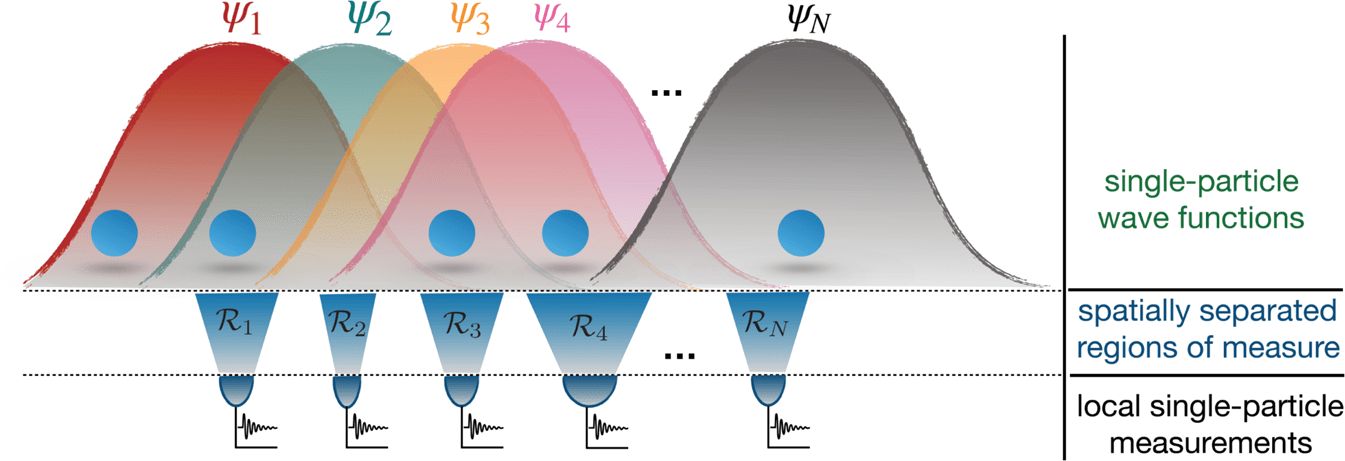
Initialization of composite quantum systems into highly entangled states is usually a must to enable their use for quantum technologies. However, unavoidable noise in the preparation stage makes the system state mixed, hindering this goal.
Researchers has addressed this problem in the context of identical particle systems within the operational framework of spatially localized operations and classical communication (sLOCC).
They defined the entanglement of formation for an arbitrary state of two identical qubits. They then introduced an entropic measure of spatial indistinguishability as an information resource. Thanks to these tools they were able to find that spatial indistinguishability, even partial, can be a property shielding nonlocal entanglement from preparation noise, independently of the exact shape of spatial wave functions.
These results prove quantum indistinguishability is an inherent control for noise-free entanglement generation.
The study has been published in Nature npj.
